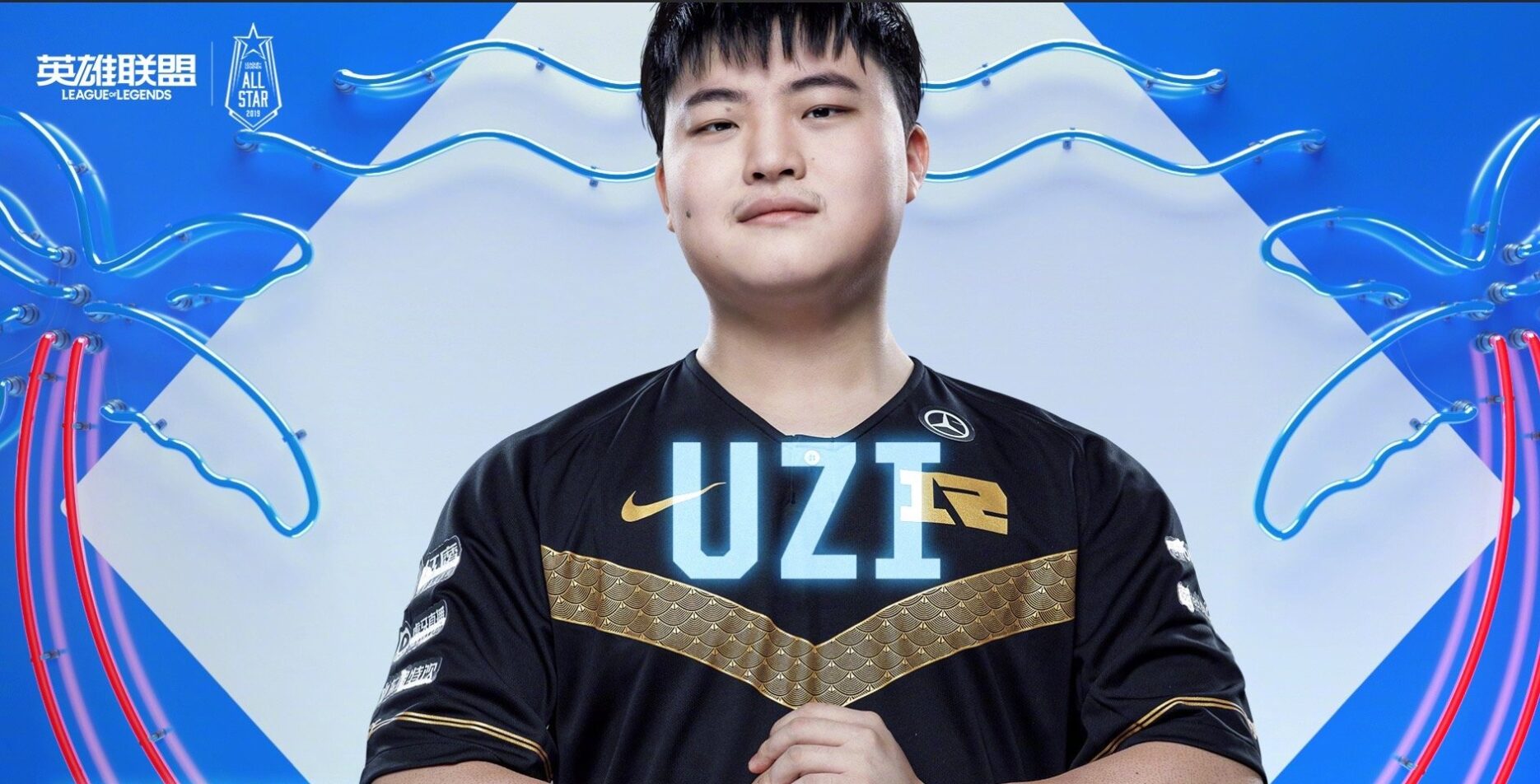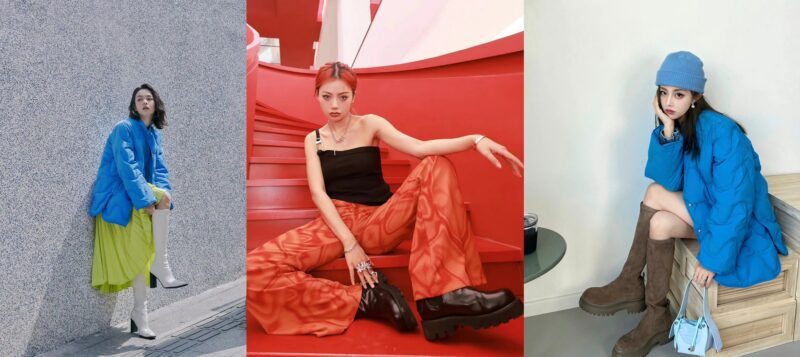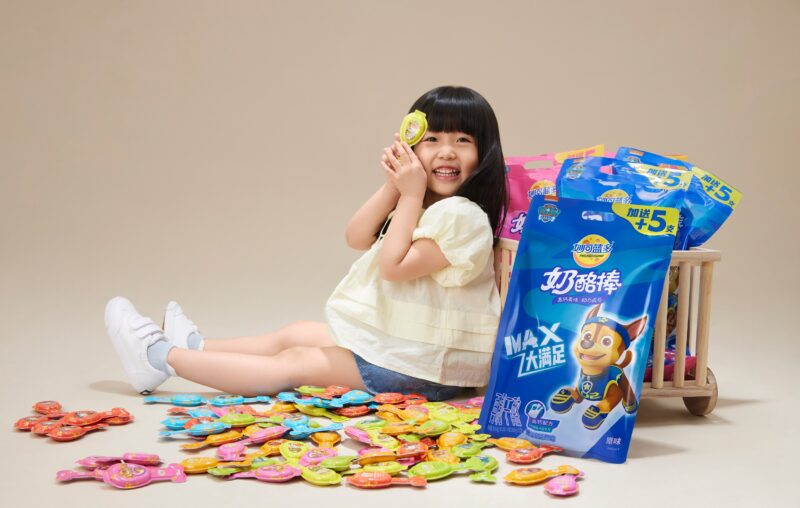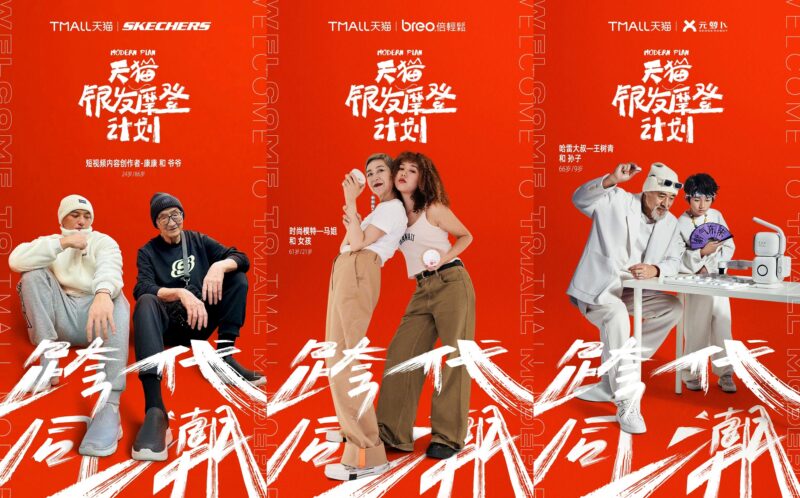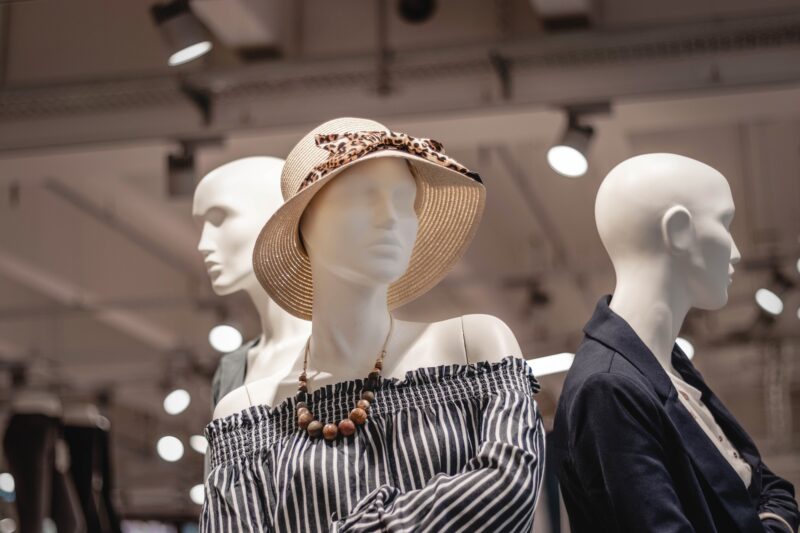Key takeaways:
- Nike signed Chinese esports star player Jian Zihao, who also goes by the name Uzi, marking the brand’s first collaboration with an esports athlete.
- The move came after the 25-year-old’s comeback following his retirement announcement in 2020 due to health issues.
- Nike offered to assist with Uzi’s recovery and documented his physical training during his absence, giving birth to a short film featuring the beloved gamer.
The Crownless King
Debuting at the age of 15 as a professional League of Legends player for Royal Never Give Up (RNG, then known as Royal Club), Jian Zihao, more widely known by his in-game name Uzi, is regarded as a real legend in the realm of esports in China. For over six years, the post-95 gaming star gained his fame for being the most gifted ADC (Attack Damage Carry – one who deals strong continuous damage with basic attacks, a term carried over from League of Legends) and was dubbed “the Crownless King” until 2018, when he finally lifted the trophy at the League of Legends championship after defeating their long-time nemesis EDG.
Nike attempted to offer the brand’s expertise in physical fitness to assist Uzi’s recovery.
Soon after the then-21-year-old caught the eyes of the world’s sportswear giant Nike who signed an endorsement deal with his club RNG, featuring Uzi alongside the brand’s other spokespersons including Chinese actor Bai Jingting and legendary basketball figure LeBron James. However, to many of his fans’ surprise, shortly after the peak of his career, Uzi called his retirement in 2020, attributing the setbacks to diabetes and arm pain, putting his 8-year career in esports on hold at just 23 years old.
Tapping into the esports community through an icon
Uzi’s withdrawal did not discourage Nike’s engagement with the beloved gamer. On the contrary, the sports apparel maker stepped up its approach to the young retiree, attempting to offer the brand’s expertise in physical fitness to assist Uzi’s recovery, a strategic move in exchange for a long-term partnership with the esports player.
The partnership also brought about a short film entitled The Reboot of a Hero. By documenting the recuperation of this celebrated esports star during his absence, Nike’s endeavour goes beyond Uzi. Its intention is to inspire the wider esports gamer community to rethink and explore the balance between the digital battlefield and their physical health, a shrewd step to leveraging China’s continued esports fever while adding value to the subculture with its own niche through the lens of Uzi.
Nike’s faith in Uzi paid off following his comeback announcement in 2021, joining forces with BLG (Bilibili Gaming, a Chinese esports team owned by China’s YouTube-like streaming platform Bilibili). Despite the comeback show concluding with BLG’s loss to IG at the LPL Spring earlier this year, his return was much anticipated and sparked an online craze at the time with the relevant hashtag jumping to one of the top searches on China’s biggest microblogging site Weibo, showing the continued national enthusiasm towards the iconic player.
Nike intends to inspire the wider esports gamer community to rethink and explore the balance between the digital battlefield and their physical health.
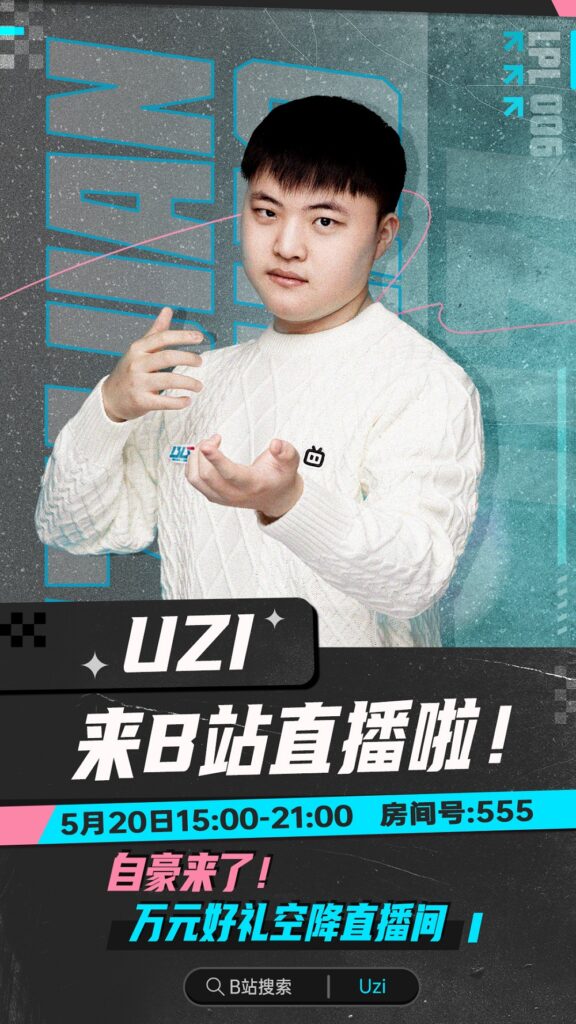
The synergy between esports and physical fitness
With his health improving, the young gamer has been seen gradually remerging into public view, active not only in the territory of esports but also in the gym, basketball courts and football pitches. Posts from the social media influencer with over 6 million on Weibo have included more updates on his physical training routine, demonstrating the goal of balancing his passion for esports and fitness.
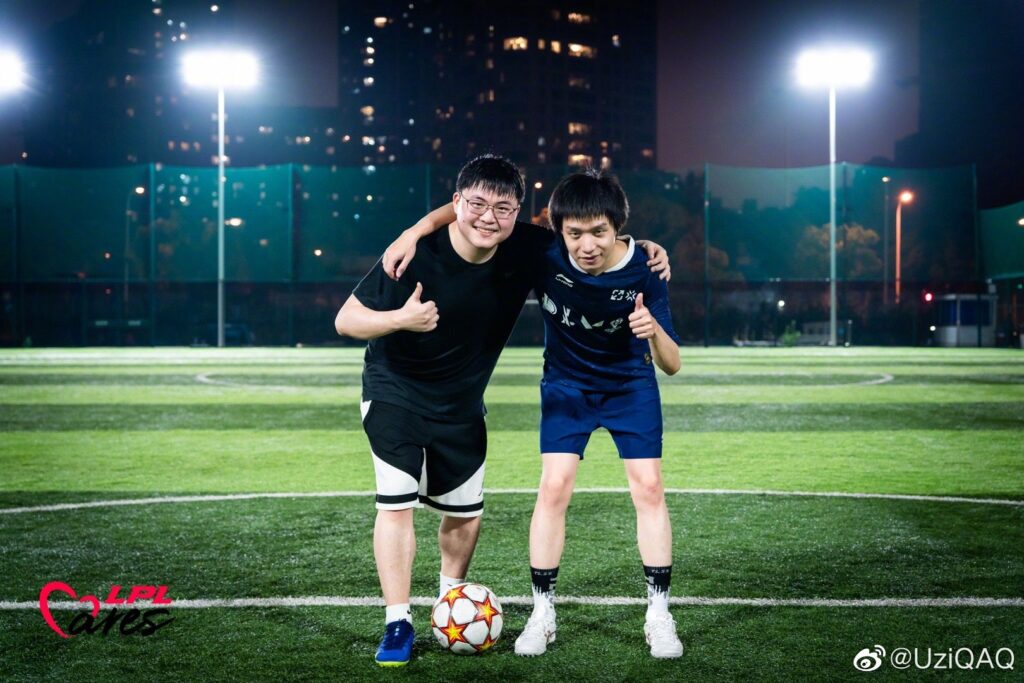
In light of Uzi’s physical progress coupled with his resurgence, Nike once again shows no sign of missing out on this talent. On 26 October, the sports label welcomed Uzi to the Nike family, marking the first collaboration with an esports athlete. The announcement was followed by the launch of an online campaign under the tagline “Jian Zihao, Never Stop”, which garnered over 7 million views on Weibo within 24 hours. It is a nod to the key message delivered in the documentary and the spirit of esports that the individual exemplified through his personal experiences.
By tapping into a beloved esports figure, Nike’s approach to esports is more human-centric, therefore, setting them apart from other esports marketing where video games or competitions are at the centre. Leveraging the health perspective, it also allows Nike to link the electronic game to physical activities that are also closely related to its offerings, therefore, capitalising on both esports and the ongoing fitness phenomenon. In the meantime, it also effectively brings together the esports fandom and sports enthusiasts, strengthening its athletic community with the additional energy from electronic sports.




